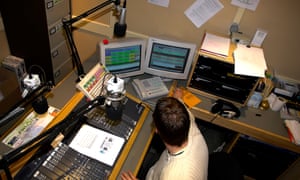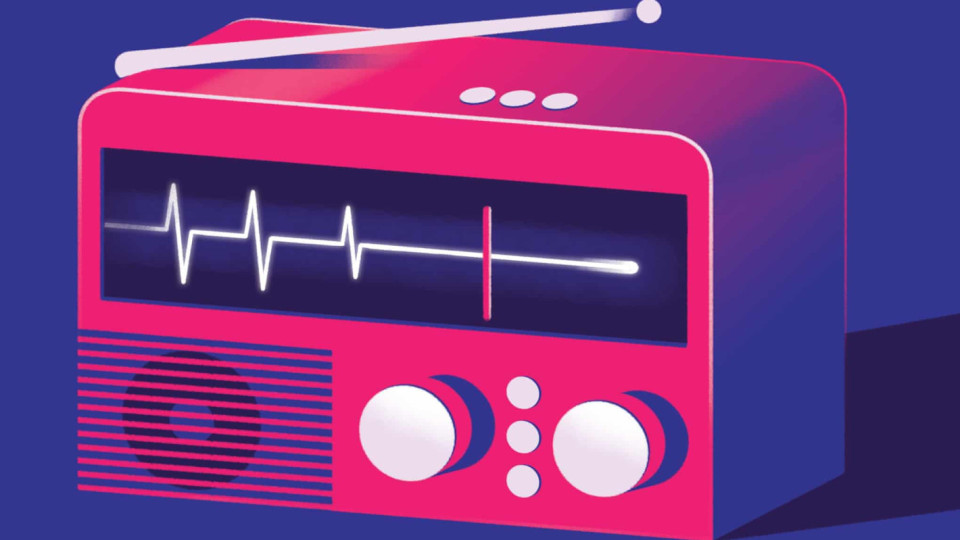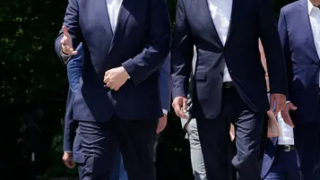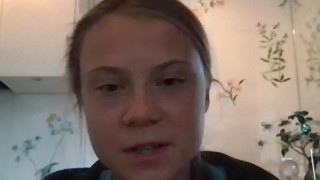
Towns and cities across the country are losing their radio shows. Who will tell their stories now?
If you want to understand a country’s basic pulse, listen to its commercial music radio. In the US, whatever genre of music they play, the stations crowded on to the FM waveband mix crass adverts with waves of songs uncluttered by any talking, suggesting that the only really important things are calmly getting through another very long drive while thinking about what to buy next. In Italy, what you hear is often hyperactive to the point of absurdity, as if there is simply too much to say and too much music to play, and the clock must endlessly be raced against.
And Britain? Beyond the BBC’s Radios 1, 2, 3, 6 Music and its city and county stations, there are set-ups traditionally grouped under the heading of “independent local radio”: stations whose output suggests that a lot of us crave something that can distract us from whatever crisis the country has fallen into, while demanding little in return apart from keeping the dial where it is.
For all that their rather anodyne output could easily be maligned as the work of real-life Alan Partridges, any journey around the country could once upon a time be marked out by what crackled in and out of range as you drove: Red Dragon, Leicester Sound, Marcher Sound, Trent FM, Lakeland Radio. But over time, many of these stations have been subsumed under the nationwide brands of Capital, Heart and Smooth, all of which are now owned by a giant conglomerate called Global. Two weeks ago, following a watershed loosening of the rules by the broadcasting regulator Ofcom, there came confirmation of where all this has been heading.
Despite the fact that UK commercial radio is booming (in 2018, it attracted more than £700m in advertising revenue), Global announced that it was axing around 60 local breakfast and drive-time programmes, remodelling local news bulletins in line with “refreshed structures”, and closing studios in places such as Brighton, Chelmsford, Exeter, Gloucester, Kendal, Lancaster, Norwich and Swindon. Among the consequences are the prospect of Scotland losing dedicated breakfast shows to distant voices from London, and a single news team now covering an area that stretches from Cornwall to Gloucester.
Since 2005 the UK has seen a net loss of 245 local newspapers. In the absence of broadcast or print media to document many places’ affairs and thereby make sense of them, people have inevitably taken refuge in the same social media platforms that have so driven the demise of local news. This has obvious drawbacks, many of which are bound up with our ever-more polarised public discourse. (If you’ve ever watched England’s often poisonous debate about immigration take the form of local Facebook tear-ups that often have little basis in fact, you’ll know what a news vacuum looks like, and why Mark Zuckerberg’s creation is often the last thing that ought to be filling the gap.)
As outlets have closed, the idea of the media as a distant, arrogant thing, seemingly little interested in anything beyond the M25, has been confirmed. Given, moreover, that austerity has blitzed such shared local institutions as libraries, arts venues and youth centres, and that councils themselves are clinging on by their fingernails, you start to wonder how the places they once served are meant to maintain any coherent notion of themselves, let alone have a meaningful collective voice. In such disrupted times as ours, the world surely starts to look even more senseless and arbitrary than it actually is. As the police disappear from your streets, and your services are cut, there are fewer and fewer people who can shine a light on what is happening. If you have a local story that goes to the heart of corporate or governmental failure, where do you go with it?

I sometimes wonder whether this might be the age of the Unplace, deprived of the basic means via which it can collectively talk about either the present or future. Unplaces are there, but somehow not there; praised, particularly in the wake of the 2016 referendum, as the very embodiment of stolid decency, but either ignored or condescended. The latest instalment of this story is the government’s so-called Stronger Towns Fund, so paltry that it looks less like meaningful investment than some kind of desperate crisis payment: no solution to 10 years of cuts, let alone the turbulent realities of Brexit.
So what to do? As far as the existing media are concerned, some of the specifics are obvious. Ofcom should never have waved through the gobbling-up of so many radio stations, or so senselessly rolled back regulations that kept their local element just about intact. It is a good thing that Facebook is donating £4.5m to fund 80 UK local newspaper jobs for the next two years; good, too, that Google has also made contributions to grassroots journalism.
But these are ad hoc initiatives, which only underline the need for a new set of arrangements. Put another way, the most pressing conversation to be had about the media is probably not about the nastiness of the Daily Mail or whether John Humphrys should have long since retired, but how to build – pretty much from scratch, and with a sizeable tax contribution from big tech – a new means of locally holding power to account, and sustaining a sense of community.
There are some pointers to the future. It is heartening to hear that the BBC is set on “reinventing” its 39 place-specific radio stations in England and re-emphasising their “localness” – and that the corporation now funds 150 new local democracy reporters, who doggedly track just about every aspect of local government, and contribute to what remains of local newspapers, often in their online versions. There are around 250 community radio stations in the UK, which claim 3.5 million listeners, and an apparently growing network of so-called “hyperlocal” news and information websites – though it’s all too telling that they are too often devoid of hard news content, and largely run by volunteers.
With the right financial help, there surely ought to be some means of developing all these things, so long as two key principles are understood: first, that although radio, TV and orthodox print journalism are important, the future will also be about online video and podcasting; and second, that it is high time we got over our rigid division of the media into “national” and “local”, and blurred the two. If that happened, the current sense of large swaths of the London media little realising what is going on in the country might recede, political ruptures might not take quite so many people by surprise, and we might be that little bit more at ease with ourselves.
The alternative, needless to say, is an ever-expanding silence, broken only by a dull sound: the same Ed Sheeran song the country over, played by the same presenter who addresses everywhere from Kendal to Clacton, whose superficial bonhomie suddenly sounds like it is masking a sneaking contempt. To cap it all, the local radio station on which they do their stuff may now be called Capital: the kind of absurd symbolism that is 21st-century Britain all over.
The Guardian











Leave a comment